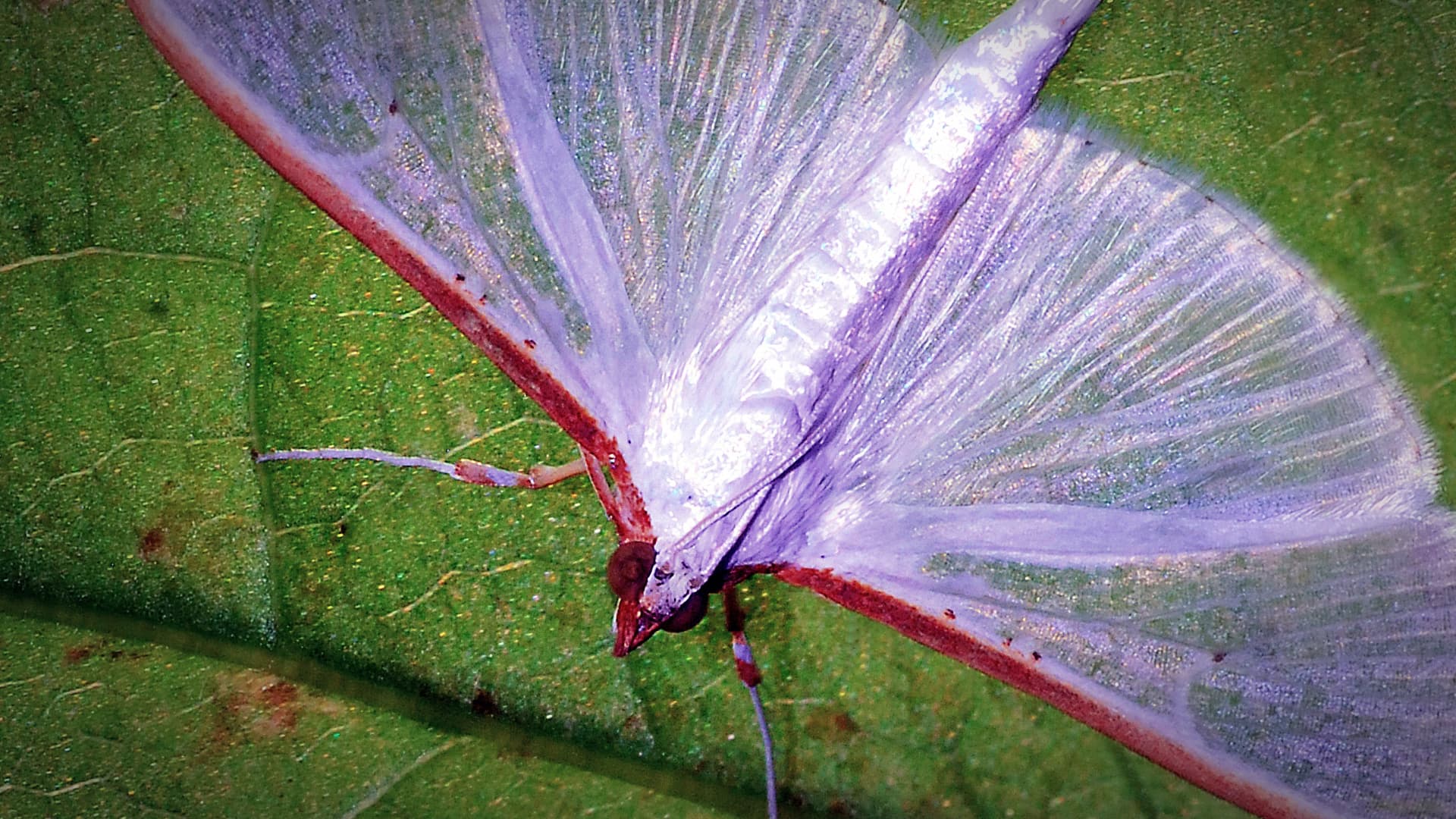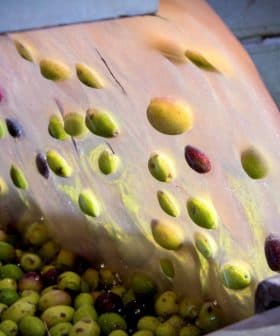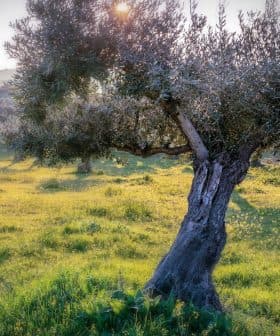Olive Leaf Moth Threatens Brazilian Crops: Researchers Seek Solutions

Brazilian researchers conducted two studies on managing olive leaf moth infestations in Rio Grande do Sul, testing a botanic insecticide and introducing Darwin wasp species as potential predators. The botanic insecticide showed promise in controlling olive leaf moth larvae, while the Darwin wasps were able to parasitize the caterpillars, offering a potential Integrated Pest Management tool for olive growers in the region.
A pair of studies conducted by Brazilian researchers outline new methods for dealing with olive leaf moth infestations, which are common in the olive groves of the southernmost state of Rio Grande do Sul.
The larvae of the olive leaf moth, also known as the Palpita forficifera, feed on young olive leaves and branches, harming the development of newly planted trees.
Currently, growers control infestations after larvae have been detected by spraying insecticides. However, few synthetic insecticides are registered with Brazil’s Ministry of Agriculture and Livestock.
See Also:Study Suggests Stink Bug Caused Mysterious Fruit Drop in ItalyConsequently, the researchers executed separate studies on the effectiveness of a botanic insecticide for population control and the introduction of a targeted predator. Their findings were presented at the second Latin American Olive Oil Conference, which was hosted in Montevideo, Uruguay.
In the first study, the researchers tested a botanic insecticide with oxymatrine as an active ingredient compared with a common synthetic insecticide with spinetoram as its active ingredient.
They found that the oxymatrine-based botanic insecticide performed similarly to the synthetic insecticide on the larvae of the olive leaf moth, though it was less effective against adults.
“Results indicate that the botanic insecticide may be an eco-friendly and suitable option for P. forficifera management since it can cause mortality levels similar to the synthetic insecticide,” they wrote. “Field trials in commercial olive orchards are recommended to better ascertain oxymatrine’s impact on P. forficifera.”
In the second study, performed in vitro, the researchers tested whether Darwin wasp species could exert natural parasitism on the olive caterpillar. This provided a new Integrated Pest Management tool to growers in Rio Grande do Sul, the country’s largest olive oil-producing region, and neighboring Santa Catarina.
According to the researchers, the two Darwin wasp species – Eiphosoma sp. nov. and Temeluche sp. nov. – were only recently discovered in southern Brazil, and no previous studies have examined whether they would naturally prey on olive caterpillars.
The researchers collected olive caterpillar larvae from olive groves in Chapecó, Santa Catarina, and Pelotas, Rio Grande do Sul, before introducing larvae from two species of Darwin wasps and leaving the infected samples to incubate.
After 14 hours of incubation, both larvae from Darwin wasp species emerged from the olive caterpillar larvae, suggesting that they may naturally prey on the caterpillars in an uncontrolled environment.
Researchers in Italy have undertaken similar studies to determine whether samurai wasps could be effective natural predators of the brown marmorated stink bug, a vector for the deadly Xylella fastidiosa bacterium.
Their results indicated that the wasp effectively parasitized over one-third of stink bug eggs in one region in the country’s north.
Similar efforts in southern Spain found that Iberian ants naturally prey on olive moth larvae in olive groves without disrupting the rest of the ecosystem.
“These findings are important to prospect the natural biological control of the olive caterpillar in olive orchards,” the researchers concluded.









